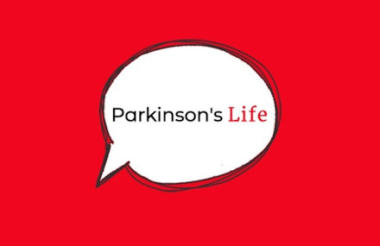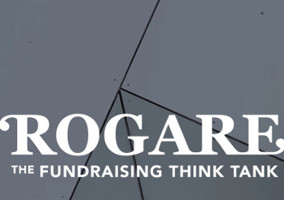For any charity, big or small, keeping an open dialogue with our community is essential. It’s the only way that we can be sure that we’re representing their needs.
That’s why we launched Parkinson’s Life, the online lifestyle magazine bringing “beautiful stories of hope” to those affected by Parkinson's. It has attracted nearly 800,000 readers in 228 countries around the world.
By building a community of passionate followers around Parkinson’s Life, we’ve been able to develop a pioneering campaigning approach with our content-first comms, working with content agency Speak Media. Our ongoing relationship with our readers allows us to spot issues in the community and amplify them to the wider world – feeding concerns into our lobbying, advocacy and PR campaigning.
That’s why we are now using Parkinson’s Life to spearhead a new campaign focused on creating real change for women with Parkinson’s. We are aiming for concrete results: more medical research into the specific impact of Parkinson’s on women, to help them develop tailored medication and treatment; greater awareness within the medical profession about Parkinson’s and women, so that women’s symptoms are taken seriously; and new approaches to better support those women managing the condition alongside caring responsibilities.
Parkinson’s is the world’s fastest growing neurodegenerative disease. So virulent is Parkinson’s that researchers warn that we may be on the verge of a global pandemic. There are three million women around the world with the condition – and yet their specific needs and experiences are often ignored, because the vast majority of research into Parkinson’s is carried out on men.
For our #WomenAndParkinsons campaign, the content team has spoken to 17 women with the condition, as well as academics and researchers, from the UK and Europe to North America. Their hard-hitting stories reveal the hidden aspects of being a woman with this complex and progressive condition, shining a spotlight on the shocking data gap and how it affects women with Parkinson’s physically, mentally, and emotionally.
We’ve heard from Ellie about how it felt to go through pregnancy with Parkinson’s in the absence of medical advice; Sharon about the delay in her diagnosis; and Omotola about the impact menstruation has on her symptoms, from facing heightened emotions that go “way beyond normal PMS” to struggling to care for her family.
Our campaign has already attracted support from two of the biggest US-based Parkinson’s charities as well as The Guardian’s Gabrielle Jackson, author of Pain and Prejudice, and the activist and journalist Caroline Criado Perez, whose book Invisible Women helped to inspire the campaign.
The beauty of digital campaigning in the owned media space is that our messages can be nuanced, thoughtful and unfiltered by the agendas of mainstream news groups. And they are targeted perfectly to our core demographic.
As charities continue to struggle to get the voices of their communities heard, owned digital media will become an increasingly important channel through which we can all campaign for important change.
A podcast on this topic can be found here.
Dom Graham is operations director at European Parkinson’s Disease Association.
|
Related Articles












